
Oneness is a common theme associated with spirituality. Let’s consider two ways the Gita approaches oneness:
As a spiritual foundation (09.15): The Gita lists oneness as one of three intermediate states of divine consciousness (The other two states are perceiving the divine as the universe and as the multiplicity of gods). This notion of oneness centers on realizing that we share the same essential spiritual substance with the divine — we are sat-cit-ananda (eternal-cognizant-blissful), so is the Divine. This realization lays the foundation for further exploration of the nature of divinity. Some seekers may gradually realize that while they are one with the Divine in nature, the Divine is far greater than them in potency. Eventually, they may realize and relish the personal manifestation of divinity as the summit of reality. Alternatively, some seekers may attain oneness with the impersonal manifestation of Divinity. Their trajectory is delineated in the twelfth chapter (12.01-5).
As a spiritual conclusion (09.11-12): This section refers to that notion of oneness which sees itself not as the foundation of the spiritual journey, but as its conclusion. Such a notion denies any possibility for the Divine to have a personal dimension. It therefore deems the descent of the Divine in a personal form an illusory appearance that may be of temporary use on the spiritual journey, but must be eventually discarded as an illusion to focus exclusively on absolute oneness. The Gita (09.11) reproaches such a conception about the personal descent of the divine with the specific strong word ‘avajananti’, which means not just ignorant, but misled. ‘Jananti’ is to know, ‘ajananti’ is to not know, ‘avajananti’ is to know something wrong: as the opposite of what it actually is. The next verse (09.12) declares that those with such notions end up confounded.
One-sentence summary:
In itself, the notion of oneness can be a foundation for spiritual growth, but if the notion of oneness deems the personal aspect of divinity as an illusion, it is misinformed and futile.
***
Think it over:
- How can the notion of oneness be the foundation for a productive spiritual journey?
- When does the notion of oneness confound a seeker’s spiritual prospects? Why?
- How does the Gita describe the unproductive notion of oneness?
***
09.11: Fools deride Me when I descend in the human form. They do not know My transcendental nature as the Supreme Lord of all that be.
To know more about this verse, please click on the image

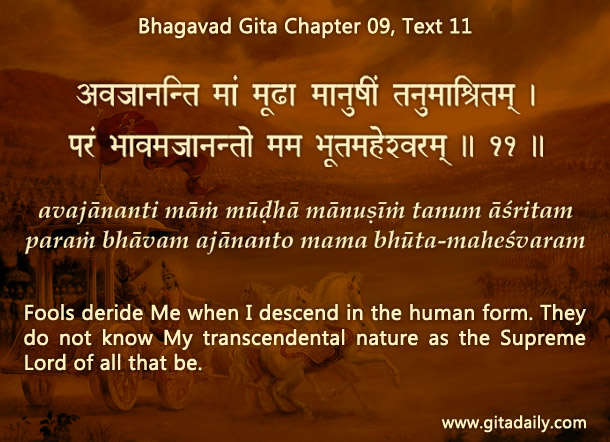

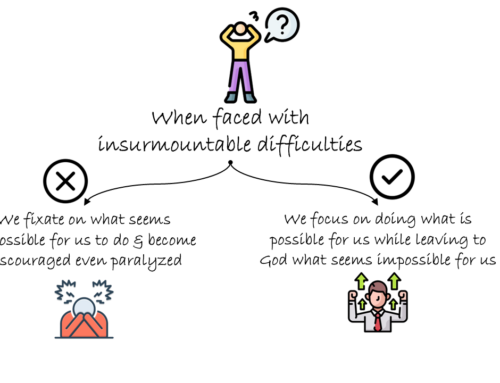

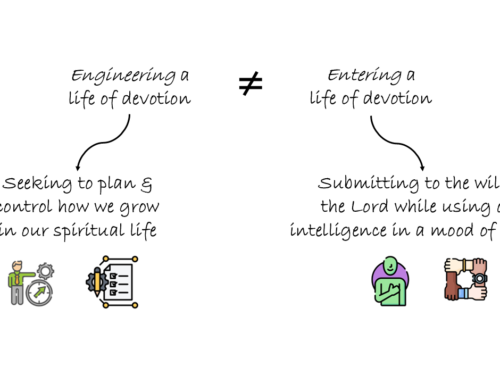

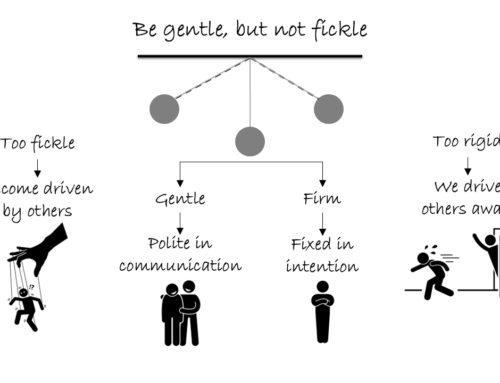

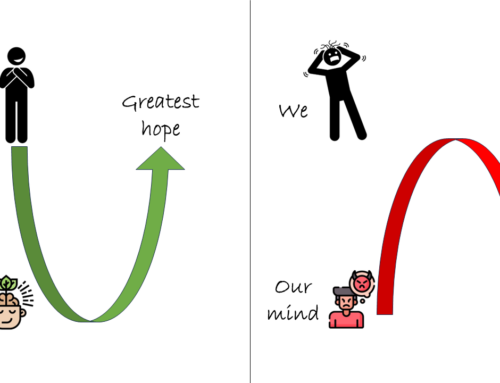

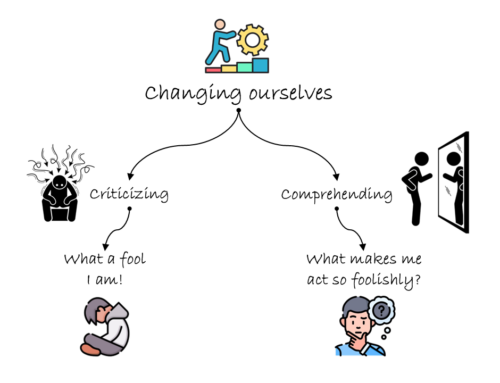
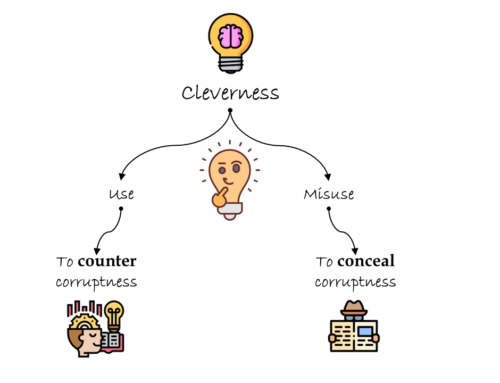
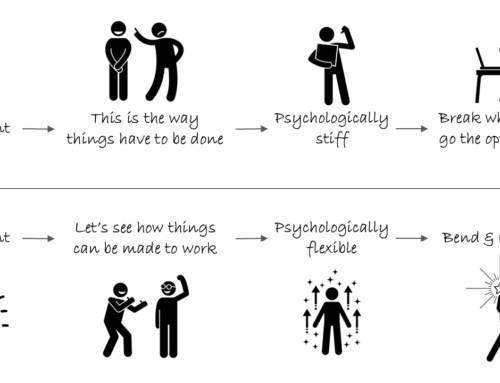
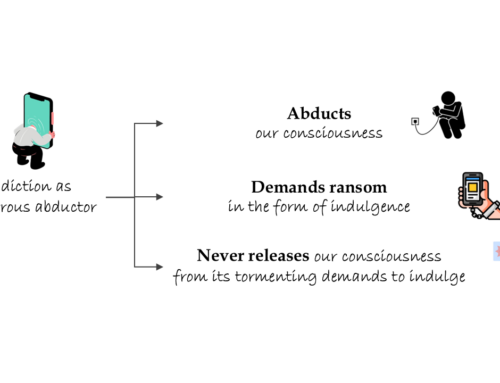
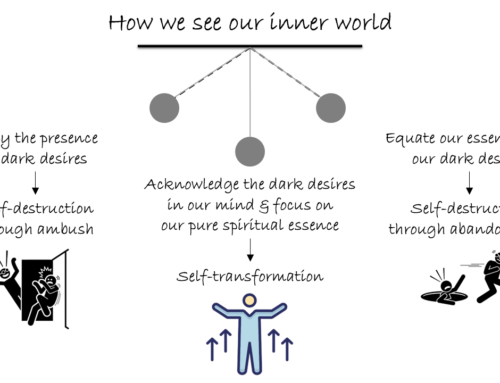
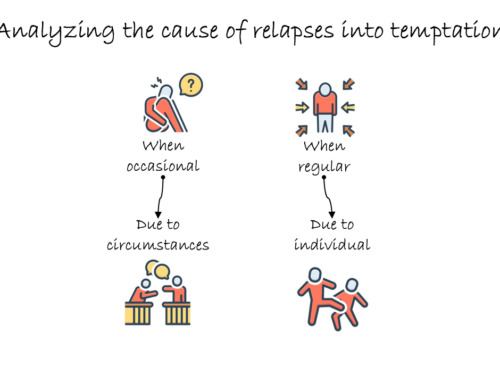
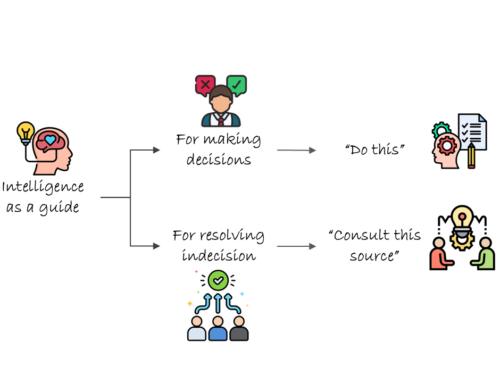
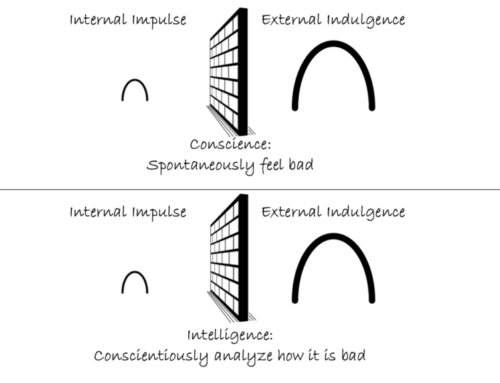
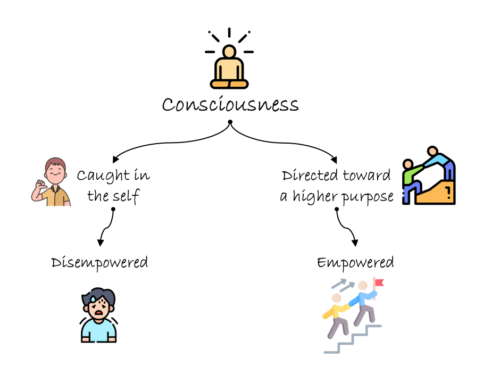
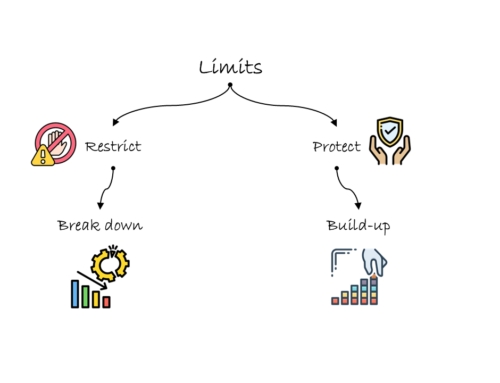
Leave A Comment